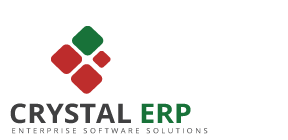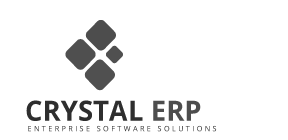Unlike traditional software, online accounting technology provides the real-time controls and visibility needed to put small and microbusiness owners in the driving seat when it comes to their finances.
The boom in function-rich cloud-based software is having a transformational effect on the vast small business community. Nowhere is this being felt more keenly than in finance, where easy-to-use online accounting software is empowering even the smallest microbusiness to exercise greater financial control and stay up-to-date with their accounts.
Key to the success of leading online accounting platforms is the fact that the software is much simpler than traditional accounts software. As such, it doesn’t require extensive training to use or carry a hefty upfront cost.
In addition, the business-driven tools and financial connectivity inherent in the technology can also help them to bring down debtor days, stay on top of cash flow and make better business decisions.
Meanwhile, the option to automatically download bank statement data via automatic bank feeds means users no longer need to spend hours adding transaction data manually to benefit from a real-time view of their accounts.
The increasingly mobile community of small business owners and directors can also benefit from the ability of online accounting platforms to enable them to use their smartphones or tablets to raise and send invoices as soon as a job is complete. This reduces time to bill and overall debtor days, critically improving cash flow.
Equally, in situations where billing occurs on a regular basis, it’s possible to automate the invoicing processes in cloud accounting software so that an invoice automatically goes out on a set date and time without any user involvement, increasing the chances of prompt payment.
Cloud-based software is great for small businesses because it gives you access to services that would previously have only been available to firms with deep pockets. Where online accounting really comes into its own is in terms of the full, up-to-the-minute financial visibility it provides.
Good online accounting software can be linked into a cloud-based CRM and customer satisfaction platforms so that now, every time a client gets sent an invoice they also receive an email that asks them how well they think your company is doing. This cloud-enabled integration is allowing companies to automate a lot of their processes, saving time and ensuring that important customer communications don’t get missed.
As well as allowing users to connect with other applications and keep up-to-date with their invoicing, a move to online accounting will typically improve the relationships small business owners and managers have with their accountants. This in turn will enable them to benefit from more strategic tax and other financial advisory services.
With their financial data held securely in the cloud, the business owner can invite their accountant to view it at any time – even when they are on the road via their smartphones and tablets. In addition to tax advice, this interactive capability also better enables the accountant to support crucial processes such as finding a lender when new investment is required.


Leave a Reply
You must be logged in to post a comment.